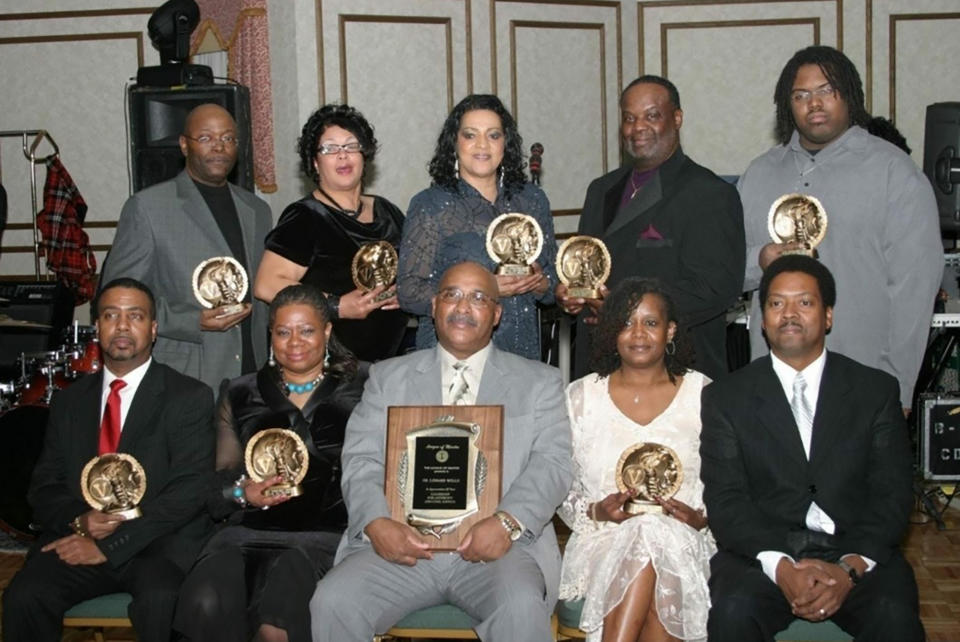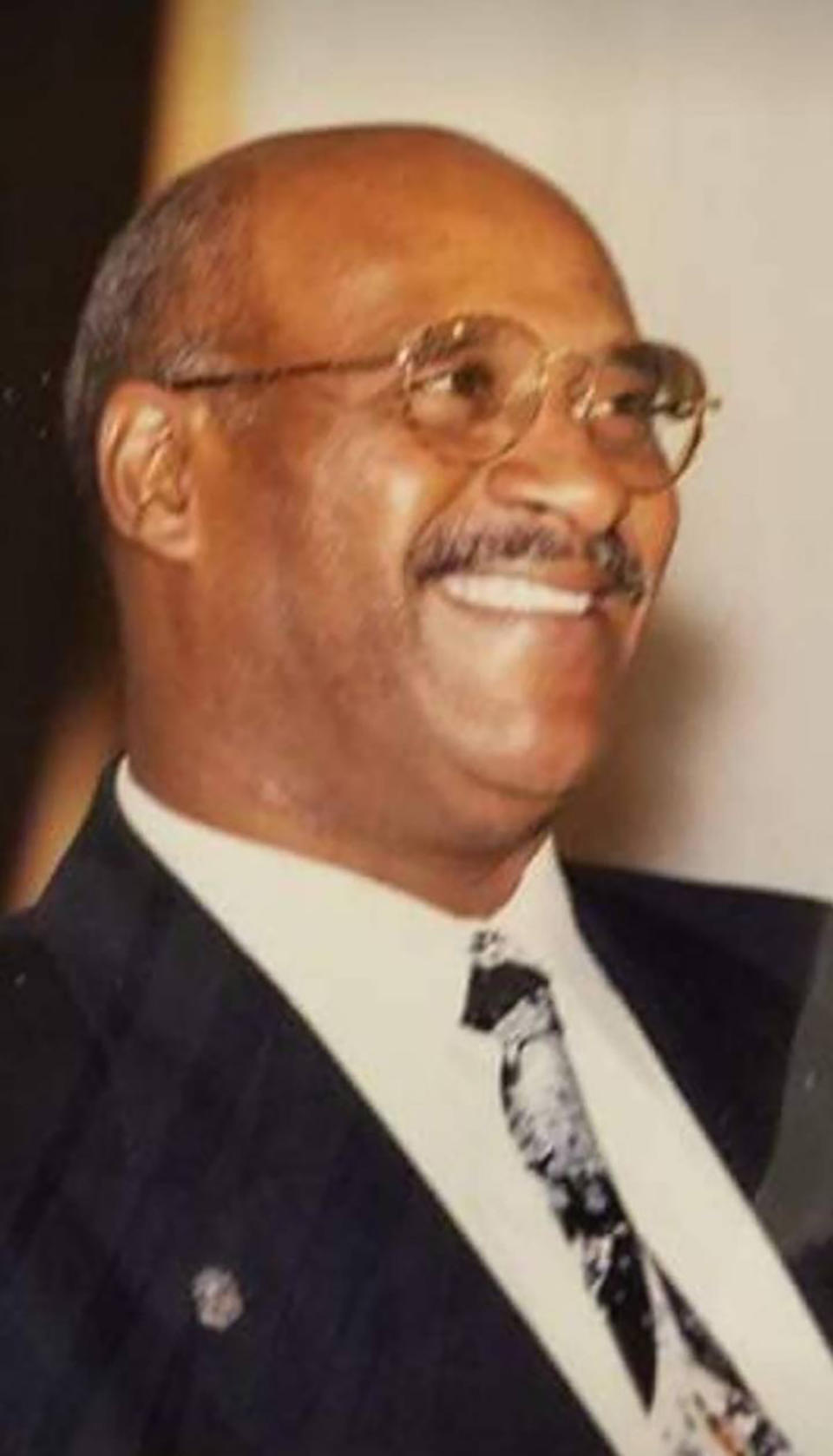Lives Lost: Milwaukee police leader ensured racial equality
MADISON, Wis. (AP) — Lenard “Lenny” Wells didn’t just put on a badge and grind through his police work. He mentored generations of officers and community activists who went on to become police leaders and lawmakers. He helped ensure African Americans had equal access to promotions in the desegregated Milwaukee Police Department.
His influence rippled widely in his decades in law enforcement, and that work didn’t end in retirement: He was teaching young people criminal justice at the University of Memphis in Tennessee when he died last month of complications from the coronavirus.
“Lenny wasn’t just a police officer,” retired Milwaukee police Sgt. Kerry Flowers said. “Lenny wasn’t just an educator. Lenny was a very versatile leader in Wisconsin.”
Wells, who died March 21 at age 69, dedicated his life to racial equality and fairness, both within the Milwaukee Police Department and the larger community.
“He was a legend on the Police Department,” said Andra Williams, a retired police captain, who met Wells in 1991. “We definitely lost a very good person and a good leader and someone who is really unsung for the stuff he did for the city and shaping police officers.”
____
EDITOR’S NOTE: This is part of an ongoing series of stories remembering people who have died from coronavirus around the world.
____
Wells was living in Olive Branch, Mississippi, about a 30-minute drive from Memphis, where he taught. He was visiting family in Milwaukee when he got sick. His funeral is planned for Saturday.
Wells joined the Milwaukee Police Department in 1973 as part of the first recruit class under a federally mandated affirmative action program. In 1989, he took the volunteer position as president of an association for African American officers, called the League of Martin. Under Wells' leadership, the League of Martin sued the department to ensure promotions and assignments were fair.
In the 1990s, the percentage of women and minorities in sworn positions roughly doubled, the Milwaukee Journal Sentinel reported.
Retired police Sgt. Frederick H. Birts Sr. and others said Wells was masterful at navigating racism within the department and making sure black officers were prepared for promotions and could handle delicate situations. Among the black officers Wells mentored are Milwaukee's assistant chief and chief of the Marquette University Police Department.
“It is hard to find anybody of any race who did not like him because he was also a great boss,” Birts said. “Lenny was the same all the time. You knew what you were going to get.”
Wells was so dedicated to fairness that as part of the Wisconsin Parole Board in 2006, which he joined after retiring as a police lieutenant five years earlier, he voted to free two men convicted of killing a Milwaukee police officer. Wells didn’t want to do it but said he was obligated because they had completed requirements for parole and were eligible under the law.
“I know that bothered Lenny, because as a police officer, you want to support your colleagues, but Lenny had a responsibility to the citizens of the state of Wisconsin to follow the law," Flowers said. "He was conflicted with that — it bothered him, it really bothered him.”
Retired Sgt. Carl Saffold, who began working with Wells in 1978, credited him for his community outreach work.
“He always was willing to extend a hand, give advice or direct a person or organization to the right people to advance their agenda — no matter what it is,” Saffold said.
One of those who got advice was David Bowen, who met Wells as a 20-year-old worker at Milwaukee’s Urban Underground community center, which focuses on youth-led social justice efforts. Bowen, who is now a state lawmaker, said he would “soak up knowledge and information” from Wells.
“I consider him a mentor,” said Bowen, now 33.
Wells also embraced community policing long before it was popular, hosting a radio and TV show in the late 1990s called “Talking Cops, Cops Talking,” where he and others answered questions from the public and gave tips on interacting with officers.
Flowers appeared on the show with Wells.
“We wanted to empower the community to work through issues that would come up with law enforcement,” Flowers said. “It gave the public the feeling that we were a part of them. We were not just a group of people invading the community. We were brothers, sisters, fathers and mothers, sons and daughters."

